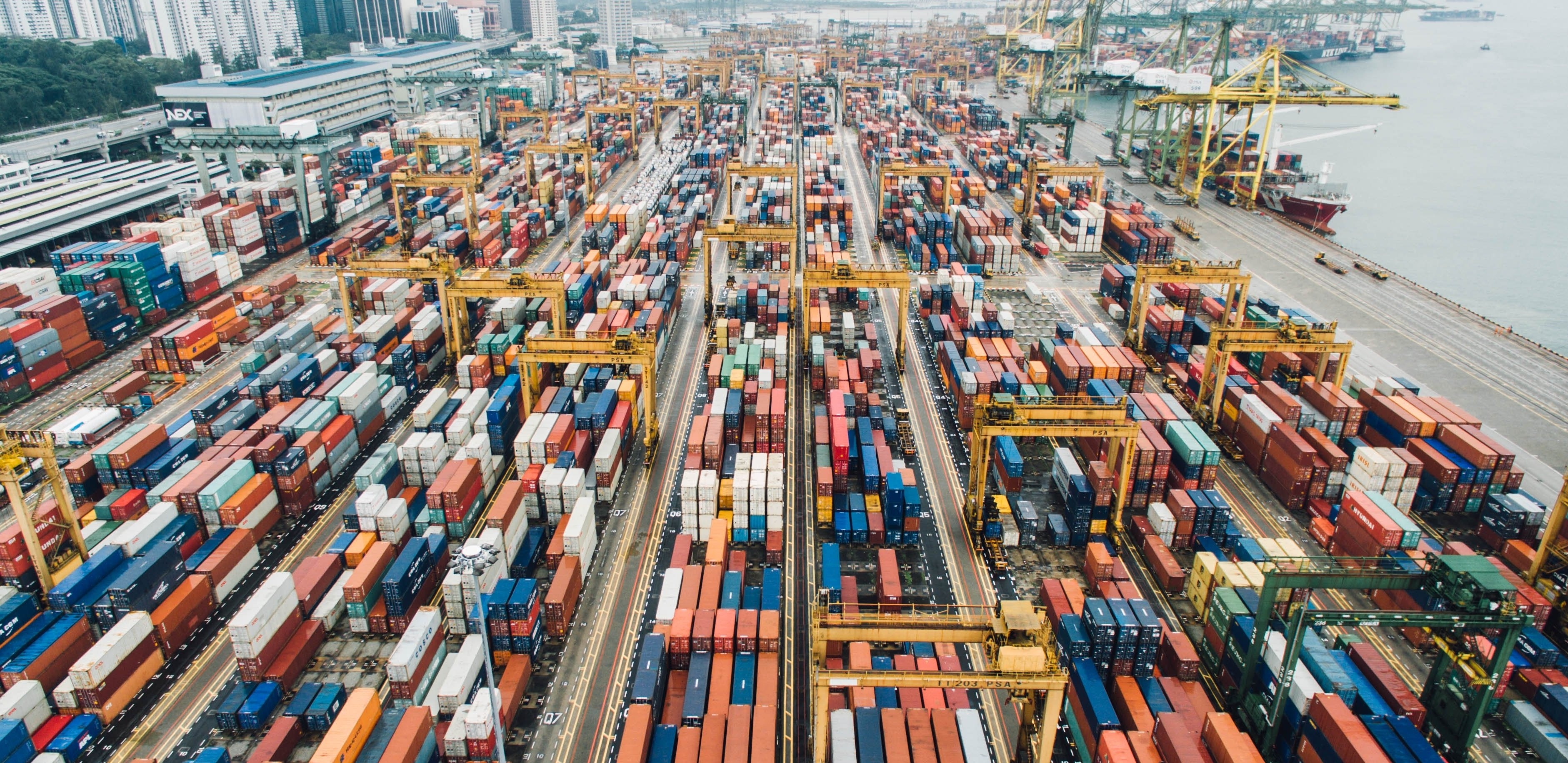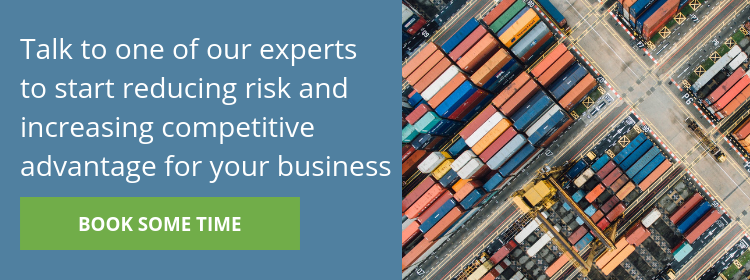Sometimes when conducting counterparty risk analysis, it is very easy to overly focus on the micro, the background of the principals, their track record of performance, for example, rather than the global politico-economic situation in which the target operates.

Today's sabre-rattling series of tariffs and sanctions shows that it has never been more important to consider the impact of macro aspects, and (as we somewhat repetitively insist), gaining an understanding of your counterparty's counterparties, whether it be banks, charterers, owners, suppliers, etc.
The position with Turkey is an interesting case in point. Turkey is a major trading nation, with a significant shipping sector — hence we cover Turkish shipping and commodity trading companies on a near-daily basis. It is crucial for us to try and gauge the impact of the recent tariffs and currency depreciation on the companies we assess for our clients. Will an Istanbul-based, but Malta-registered ship owner, who earns in USD and has costs in TRL be impacted at all by these macro factors? Perhaps not directly (it could even work in its favour as costs decrease), but what if the subject's largest client is a heavily-indebted Turkish steel group, whose raw material costs have increased by 60% thanks to the Lira's devaluation, and, thanks to Tariffs, finds its products 50% more expensive selling into its former primary market, the US (with the latter taking almost 20% of Turkey's steel production in the year to July 2018).
The sanctions situation with Russia is no less complex, with the seemingly arbitrary implementation of sanctions and financial restrictions against well-known companies that have a major exposure to the shipping and commodity markets. Witness the moves by major commodity and shipping groups to restructure their ownership to avoid the impact of sanctions or use loopholes to continue trading (a good example of which is License 14, allowing to wind down existing transactions with the sanctioned Russian aluminium major, United Company Rusal).
Infospectrum lead Russian analyst Marina Lebedeva reports that "Although the sanctions and restrictions are well known and reported, understanding the respective implications on trading and finance partners requires additional investigation, with some market sources preferring to err on the side of caution. As a result, despite no blanket ban for trades with Russian entities that are mentioned on the OFAC Sectoral Sanctions Identifications List, we increasingly see trading counterparties use transactional currencies other than USD to avoid unnecessary delays caused by enhanced vetting procedures being applied by US correspondent banks against such entities. We are also seeing some counterparties who wish to continue dealings with the affected Russian counterparties setting up designated special purpose vehicles for such trades, as a response to the unclear situation surrounding current and future sanctions regimes against Russian entities".
A further major challenge in light of the sanctions environment is the often under-reported ultimate beneficial ownership of counterparties in Russia and abroad, deemed to be connected to sanctioned individuals. Infospectrum’s team has been busy investigating quite a few complicated chains of ownership involving sanctioned individuals in recent years, and continues to follow the developments on this front.
China presents an entirely different conundrum, where sanctions imposed by both the Chinese and US Governments have major impacts on trade flows. To date, at least, both Governments appear willing (and so far able) to work around these issues and support those directly impacted. The recent high-profile case of the mv Peak Pegasus is the latest in a series of trades impacted by the tariff "war", with subsequent impacts for the costs (direct and indirect) of all concerned. While the receiver, allegedly China Grain Reserves Corporation appears to have eventually discharged the cargo, one wonders whether the seller or ship owner will recover consequential losses. Local sources report a greater focus on the ability of counterparties to bear these costs in this trading environment, with some of our clients becoming more selective as a result. Our Singapore team commented “it is clearly early days, and with talks between the US and China ongoing, nothing can be accurately predicted. However, trade flows appear to be already responding to the actual or perceived changes in demand and risk. Our sources are closely monitoring the container shipping sector, which appears to be showing volatility in the region due to the knock on impacts from tariffs on consumer goods. Chinese oil and products buyers are also said to be reducing imports from the United States out of concern that these products may not remain excluded from the tariff regime.
Iran offers another complex case. While the new sanctions imposed by the US in August have already seen impacts in the shipping and commodity markets, there appear to be many companies willing to continue to trade with the state, either overtly (China's willingness to thumb its nose at the United States by continuing to be a major buyer of Iranian crude being a case in point), or somewhat under the radar through ship to ship transfers, blending of products and carefully routed financial transactions. Certain of our clients our clients cannot afford to be associated with such trades, with few wanting to repeat the experience of the last series of sanctions, which made credit managers experts in certificates of origin.
Macro issues are nothing new, those old enough to remember the Asian currency crisis of the late 1990s will know the significant impact currency issues can have on global trade and individual companies, or the subsequent iraq oil for food scandals that underpinned today's KYC procedures, right up to the more recent impact of the Yen against the USD in 2007-2010. These macro situations have arguably been more of a consequence of somewhat predictable economic shifts, rather than current scenario of unpredictable political maneuvering. Just because tariffs don't have the same legal stigma as sanctions makes their impact no less significant on our community. We'll keep trying to stay one step ahead.
This article is the first installment in a two-part series. The second explores the Turkish economic crisis, 'fake news', and the impact this has on Turkish counterparty risk assessment. Read the second installment here.


